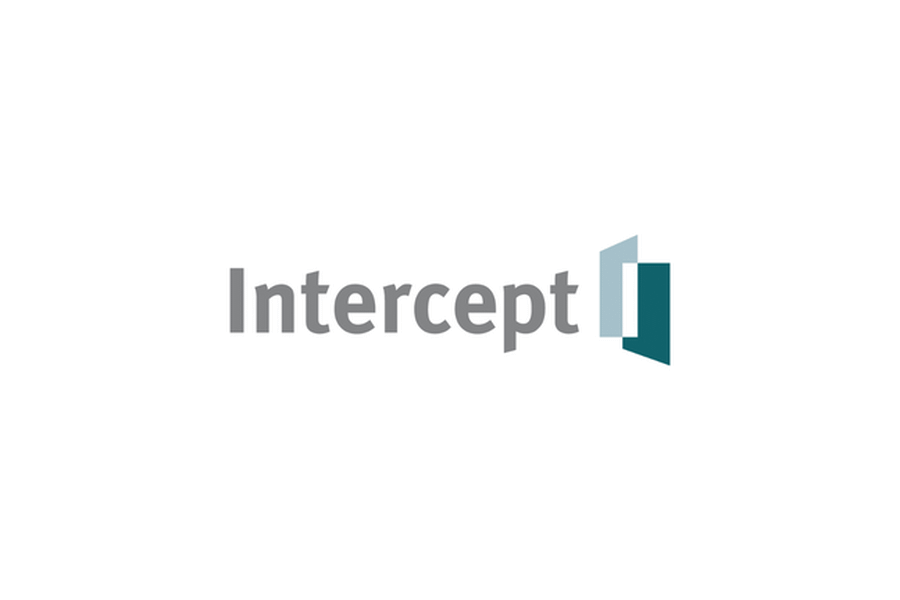FDA panel vote dashes Intercept’s NASH hopes

Intercept Pharma is facing an uphill battle to get FDA approval of its OCA therapy for non-alcoholic steatohepatitis (NASH) once again, after FDA advisors comprehensively voted against the drug based on current data.
The advisory committee voted by 12 to two, with two abstentions, that the modest benefits of OCA (obeticholic acid) as a treatment for pre-cirrhotic fibrosis due to NASH did not outweigh its risks, with particular concerns about cases of liver damage with the drug and its tolerability.
The panel also voted by 15 to one that the FDA should reject Intercept’s application for an accelerated approval of OCA and wait for additional data from the pivotal REGENERATE study, which remains ongoing.
The advice is entirely in line with the FDA’s own analysis of the data for OCA, which concluded that it “cannot justify OCA use in NASH subjects with stage 2 or 3 fibrosis,” and raises the question of whether Intercept will continue to pursue development of the drug if the regulator turns it down.
A first marketing application for OCA as a NASH treatment was rejected by the FDA in 2020, with a request for additional data. The new decision is expected by 22nd June.
Intercept said it was “disappointed” with the outcome of the meeting and disagrees with the FDA on “certain characterisations of OCA’s efficacy and safety in pre-cirrhotic fibrosis due to NASH.” The company is due to hold a conference call later today to discuss its plans for the programme.
At the meeting, it said that without accelerated approval it is not clear how continuing its study “to outcomes” would be economically feasible for a small company.
A particular sticking point for many of the experts was the use of non-invasive tests (NITs) as a surrogate endpoint in its clinical trial and an alternative to liver biopsies, which carry a risk of complications.
The FDA’s concern is that NITs lack sufficient accuracy, meaning that patients taking OCA would have to step up the number of liver biopsies required to identify emerging liver problems, which carries a “measurable morbidity risk”.
Both Intercept and the FDA said that it would be difficult to achieve that level of liver monitoring with biopsies outside of a clinical trial setting.
Intercept's chief executive, Jerry Durso, said the company disagrees with the FDA’s positions on NITs, adding: “The robust body of evidence provided by Intercept was underscored by public testimony from the liver community, who supported OCA as an option to address the urgent treatment need in NASH and the use of NITs to manage this devastating disease in clinical practice.”
Next up in the roster of companies trying to bring a NASH drug top market is Madrigal Pharma, with its resmetirom candidate, due to be filed for approval shortly. Viking Therapeutics (VK2809) and Terns Pharma (TERN-501) are among other companies with clinical trial readouts due in the coming months.
Intercept already has a revenue stream in place from sales of OCA in a lower-dose formulation, branded as Ocaliva, that is used to treat another form of liver disease called primary biliary cholangitis and made sales of $68 million in the first quarter of this year.












